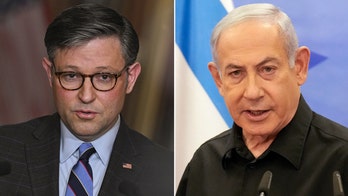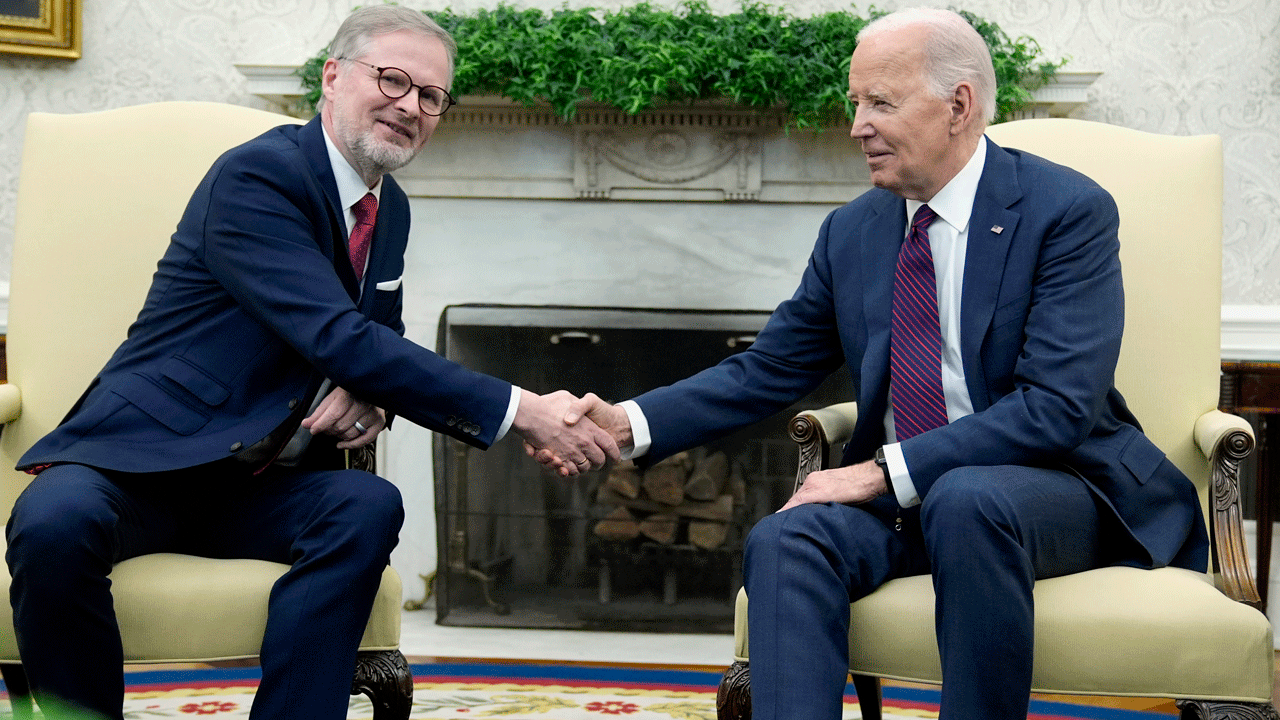The swap of five high-level Taliban operatives -- dubbed a jihadist "Dream Team" -- for a U.S. Army sergeant accused by fellow soldiers of desertion has “encouraged” the Afghan terror group to kidnap more U.S. service members, according to a report.
A source described as a Taliban commander close to the negotiations that led to the release of Bowe Bergdahl told Time magazine the group wants to grab more Americans for similar deals.
“It’s better to kidnap one person like Bergdahl than kidnapping hundreds of useless people,” the commander told the magazine on condition of anonymity. “It has encouraged our people. Now everybody will work hard to capture such an important bird.”
The trade has been ripped by Bergdahl’s fellow soldiers, as well as critics who say negotiating with terror groups breaks longstanding U.S. precedent. They also fear the fighters will return to the battlefield, where U.S. forces remain.
President Obama acknowledged Wednesday that the Guantanamo Bay prisoners described by Sen. Lindsey Graham, R-S.C., as a jihadist “Dream Team," could go back to battle. The five include Mohammed Fazi, a senior commander of the Taliban Army wanted by the United Nations for war crimes related to the murders of thousands of Shiite Muslims in Afghanistan.
“Is there a possibility of some of them trying to return to activities that are detrimental to us? Absolutely,” Obama told a news conference in Warsaw. “That’s been true of all the prisoners that were released from Guantanamo. There’s a certain recidivism rate that takes place.”
On Thursday, Obama, speaking in Brussels, called criticism of the swap a “controversy whipped up in Washington.”
But the deal has generated controversy in Afghanistan, too, where villagers told The Wall Street Journal they are terrified of the newly-freed Taliban leaders, particularly Fazi. Khwaja Gul Ahmad, a 74-year-old farmer, told the newspaper his son, Khwaja Ibrahim, was killed by Fazi’s men during fighting in Shomali in 2001. He blames Fazi.
"If he is released, he will burn our houses again because he doesn't shake hands with the government," Ahmad said.
Human rights advocates agree that Fazi has the bloodiest resume of the Taliban prisoners released in the Bergdahl bargain.
"Fazi is the case among the five where there is clear evidence that he had command responsibility for forces that committed atrocities," Patricia Gossman, of Human Rights Watch, told the paper.
The others who were released included Khairullah Khairkhwa, a minister in the ousted Taliban government and the group's liaison to Usama bin Laden; and Noorullah Noori, a senior Taliban military commander who led Taliban forces against the U.S. during the 2001 invasion, according to the Pentagon. The Pentagon described the two other former prisoners, Mohammed Nabi Omari and Abdul Haq Wasiq, as Taliban fighters linked to other Islamic extremist groups, including Al Qaeda.
Some 149 prisoners are held at Guantanamo Bay, with 78 approved for transfer to other countries and approximately 30 awaiting prosecution, State Department spokeswoman Marie Harf told reporters this week. The rest, including the five sent to Qatar last week, were in a group unlikely ever to be prosecuted, according to Harf.
Sen. Marco Rubio, R-Fla., predicted “that these five individuals that have been released will soon return to the fight against America,” and acknowledged the point made by the Taliban source who spoke to Time.
"[Obama] set a precedent that will encourage enemies of the United States to target American men and women in uniform and capture them in order to carry out a similar exchange in the future,” Rubio said.
The U.S. plans to withdraw all combat troops from Afghanistan by the end of the year, though some 9,800 troops would remain for operations, including counter-terrorism and the training and advising of Afghan security forces.




